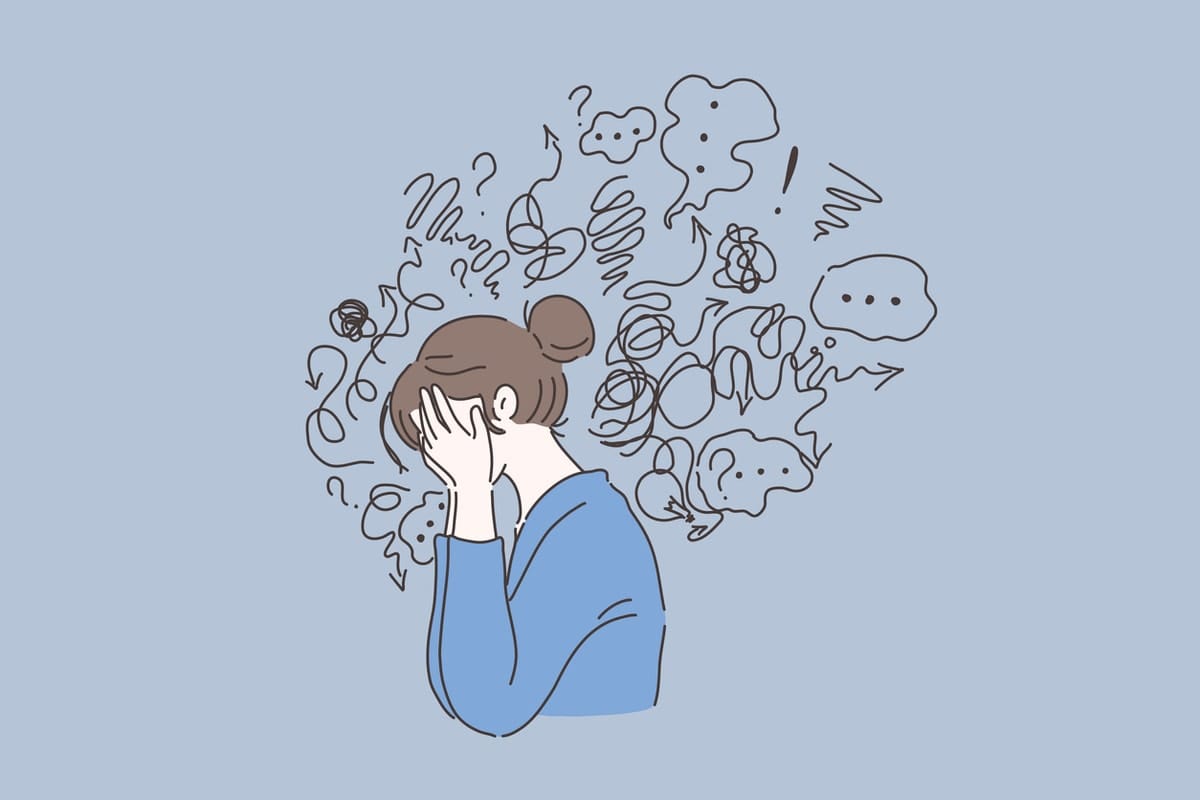
The coronavirus pandemic has led to unprecedented health, economic and social disruption in 2020.
With the impact of COVID-19 anticipated to be felt for years to come, many public health researchers have turned their attention to the mental health consequences of the pandemic.
Research identifying the most affected groups is important. So, too, is looking in detail at these groups to try to explain why they may be more exposed than others.
Our Global and Women’s Health unit investigates health and wellbeing through a gender lens, as well as through a social determinants of health framework. These terms of reference have been vital in assessing the mental health impact of the coronavirus pandemic.
Sex and age differences
Research conducted by our team, which was published recently in BMJ Open, identified the sex and age differences in clinically significant symptoms of depression and anxiety among adults in Australia during the first month of COVID-19-related restrictions. We also investigated the factors associated with these differences.
The data were collected through an anonymous online survey launched four days after significant restrictions to limit the spread of COVID-19 were mandated in Australia.
From the sample of more than 13,800 people from all states and territories, we found that women were more likely than men to have clinically significant symptoms of depression and anxiety, and to report irritability.
Read more: Now is the time for a paradigm shift in how we treat mental ill health
Unpaid work caring for children increased the risk of depression and anxiety for women aged over 50. Caring for dependent relatives contributed significantly to the risk of symptoms of depression and anxiety and reported irritability in all groups.
Data analysis confirmed that women were more likely than men to be doing unpaid work caring for children and dependent relatives, and that this made significant contributions to the mental health outcomes of interest.
Disproportionate burden of unpaid caregiving
Rather than being intrinsically more vulnerable to mental health problems during the COVID-19 pandemic, the higher risk of clinically significant symptoms of anxiety and depression among women may in part be explained by their disproportionate burden of unpaid caregiving.
The unpaid work of caring for children and dependent relatives is disproportionately carried by women.
In 2015, women in Australia did 11.5 hours per week more unpaid labour than men. In response to the pandemic, many disability services became restricted or unavailable. This may have increased the burden of caring, and contributed to the poorer mental health of people caring for dependent relatives.

Adult children returning to the nest
Although living with family members was protective against symptoms of depression for all groups, it increased the risk of anxiety in women over 50.
In addition, it increased the risk of reported irritability for women of all ages, but not for men. A possible explanation for these findings is that many young people who lost employment during COVID-19 restrictions became unable to pay their rent, and therefore returned to the family home.
A recent survey revealed that 26% of households in Australia have an adult child living at home. Of those households, 21% have an adult child who has returned home because of COVID-19.
The work of re-establishing expectations of how to live together may have been largely carried by women, which may have contributed to their higher risk of anxiety and irritability.
Women with younger children not as affected
Whereas caring for children contributed significantly to symptoms of depression and anxiety in women aged over 50, in younger women it reduced the risk, and it had no effect on the mental health of men.
Younger women are likely to have younger children than older women, and they may be easier to manage at home than adolescents and young adults.
The restrictions-related changes in the caring responsibilities of women with young dependent children may have been less dramatic than for those with adolescents or young adult children.
The strain of being confined at home, managing the needs of adolescents or young adults undertaking remote learning, or who may have lost their job, might explain the increased risk of symptoms of depression and anxiety in women aged over 50.
Public health strategies needed for recovery
Our findings reinforce the need for public health strategies to help affected groups recover from the disruption caused by the pandemic.
Approaches such as those set out in the United Nations’ COVID-19 mental health policy brief can assist in addressing the monumental challenges billions of people have been required to face in 2020 in an attempt to arrest the spread of COVID-19.
The rapid implementation of a three-pronged strategy that facilitates whole-of-society approaches to supporting mental health, the widespread availability of mental health and psychosocial support, and a commitment to building mental health services for the future will underpin the mental health recovery from COVID-19.





